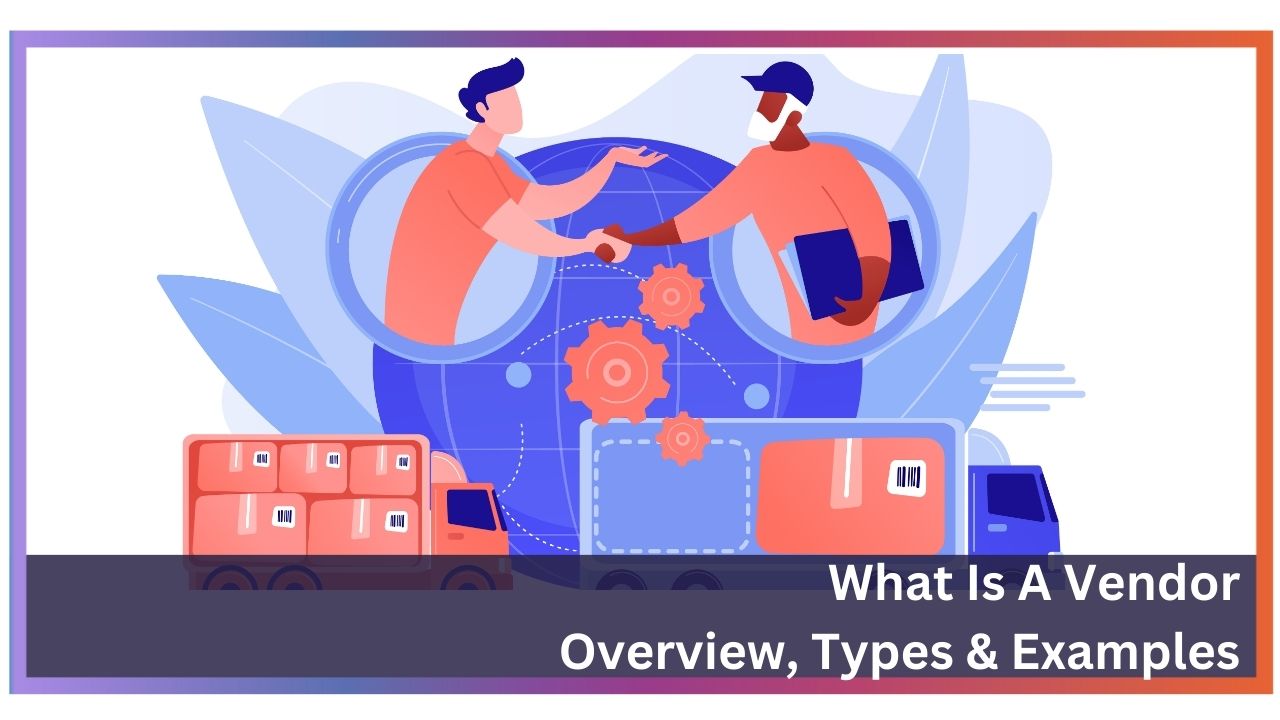What is a Vendor? Overview, types, and Examples
Posted On: Dec 22, 2023
“Teamwork makes the dream work, but the vision becomes a nightmare when the leader has a big dream and a bad team” - John C. Maxwell
This holds true for every industry, including the supply chain industry. A Vendor contributes significantly for supply chain to work well together and facilitate the flow and transfer of goods and services, from raw material extraction to the use by the final consumer. The process of supply chain includes assurance, marketing, procurement, and sourcing and at each of these stages the importance of good vendors cannot be overstated.
Who is a Vendor?
A vendor can be an individual or a company that provides products or services to businesses or customers.
They are essential contributors to supply chain management, assisting the flow of raw materials to manufacturers and delivering finished goods to customers.
A vendor may also be a supplier or seller of goods or a manufacturer. Businesses, regardless of their size, typically maintain a roster of vendors from whom they procure goods. These businesses retail the goods to customers with a margin. Vendors come in various forms and sizes. Each, facilitating a specific function:
What are the types of Vendors?
Here are few common forms of vendors:
- Raw Material Vendor: These vendors essentially provide supply raw material for businesses to convert them into finished goods. For e.g. raw cotton for a textile manufacturing industry
- Component Vendor: Such vendor provides critical components or parts that are integrated into the final product. For e.g. Vendors who provide dyes, pigments and chemical for textile industry
- Finished goods supplier: These suppliers provide finished goods which are ready for sale. E.g. A weaver who provides a product to be sold directly to the customer.
- Service provider: These vendors provide various services like transportation, logistics, IT, Marketing etc. for businesses. Vendor services vary based on the company and its business nature, encompassing a spectrum of sizes from individual traders to large corporations.

Suppliers of raw materials can serve as vendors to manufacturers, who, in turn, become sellers to wholesalers and retailers by delivering finished products. These retailers then act as vendors to customers when selling products directly to them.
Role of a Vendor
A vendor plays a very important role in today's business world. Some of the key roles which a vendor plays are:
- Availabilify of Resources: A vendor ensures that all required resources, which may include raw material, components etc, are made available for the business. Ensuring business focus on delivering the right finished goods
- Quality: This is one of the biggest contributions of a vendor. The quality of the product is so dependent on the way a vendor performs his duties. For e.g. if the raw material is not good enough or the transporter does not deliver material in time, all of these show up on the quality of product
- Cost Management: Vendor providing a competitive pricing is crucial for the financial health of the business.
- Risk Management: Working with multiple vendors spreads the risk. This manages the impact of supply chain disruption ensuring continuity.
How does the Partner Portal support vendors in their workflow?
Partner Portal, a cloud-based vendor management system, provides a dynamic dashboard from where vendors can get clear visibility. The platform helps vendors and organizations in the decision-making process with real-time data. The software empowers the users with many more features such as vendors can easily register and set up an organized framework for their staff by handling roles and permissions.
The platform enables efficient communication between vendors and the company, allowing the exchange of important information and it also automatically generates invoices.
In addition, the system lets the vendors upload and manage product details without any hindrances. Partner Portal further provides support in handling Return Material Authorization (RMA) processes and operating inventory, enabling a centralized platform for vendors to enhance their operational tasks.
FAQs:
What is the role of a vendor in business operations?
Vendors provide goods and services in the form of raw materials to the manufacturing industry and ready-to-use products to customers.
How to find a suitable vendor for any particular business needs?
A suitable vendor can be evaluated on product availability, quality, pricing, vendor performance report, and compatibility with the business requirements.
What are the stages of vendor selection?
The stages of vendor selection consider identifying business needs, vendor performance reports, evaluation of the proposal, contract negotiation, and then the cost of the products.
What is vendor analysis?
Vendor analysis is a detailed report about vendors to understand their potential to meet business requirements.